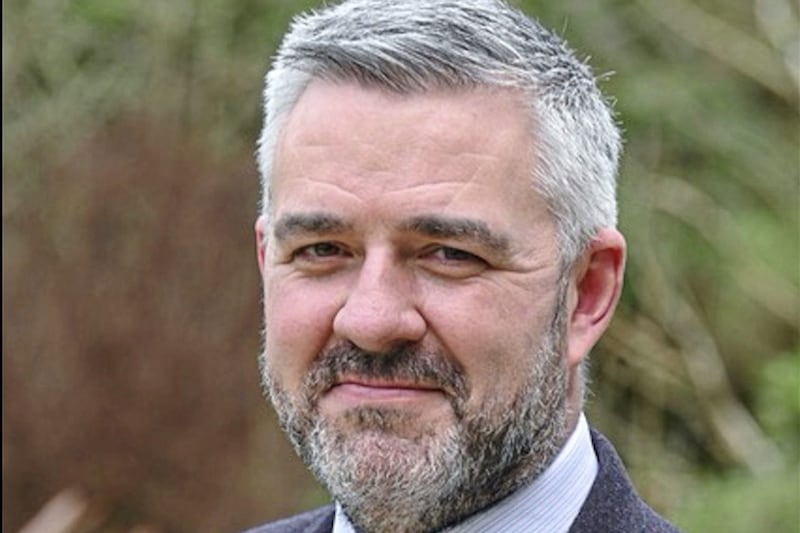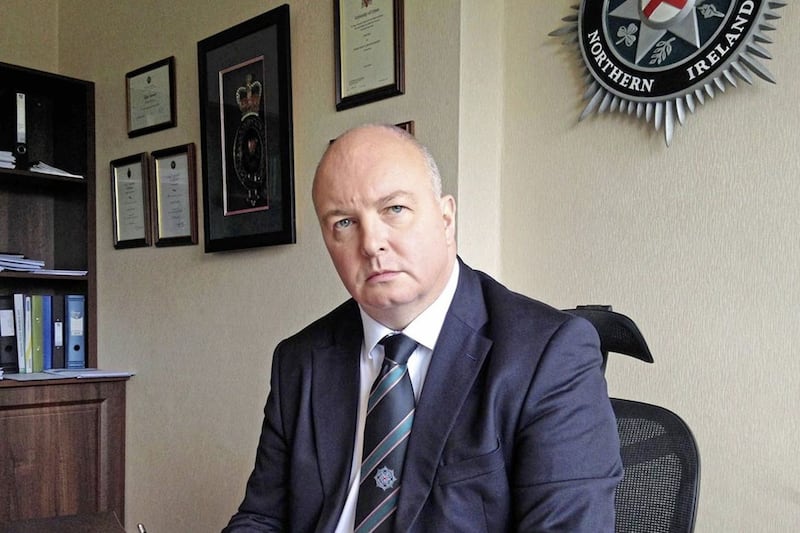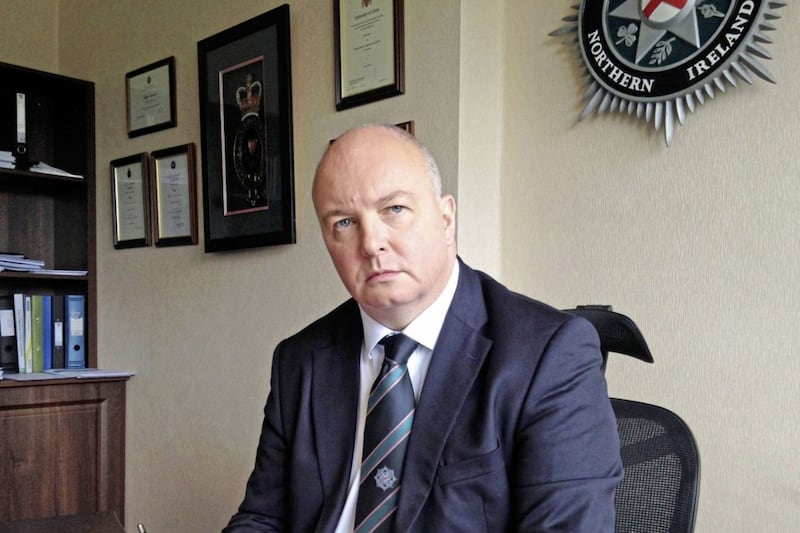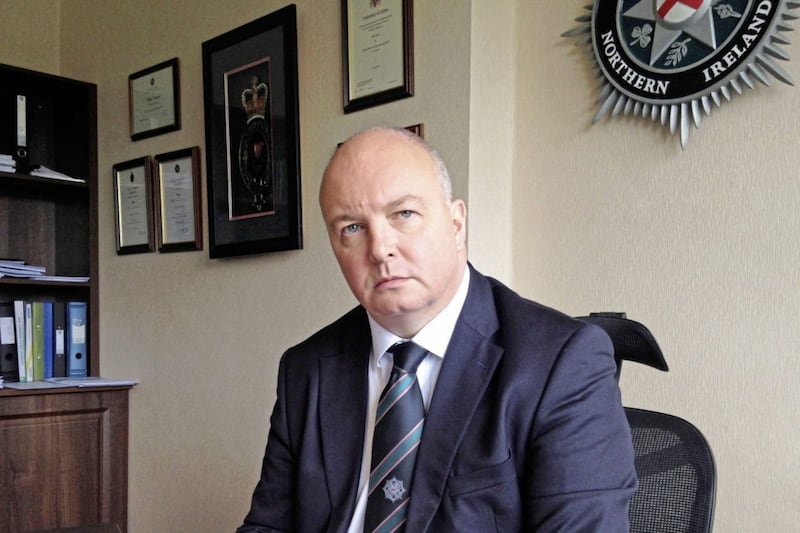JUSTICE reform has always been pivotal to the peace process, as evidenced by the change over from the RUC to PSNI.
And what the peace process has promised, the collapse of the institutions borne out of that agreement now puts in jeopardy.
Policing, prison and court service reforms are to be kicked down the road as Stormont's spending powers fall to a senior civil servant.
While David Sterling and other senior officials will ensure the lights are kept on, they will not implement policy changes.
None of the reforms proposed by the former justice minister Claire Sugden during her short term in office are likely to be brought forward during an extended talks period.
The PSNI has already said it is anticipating a near £20 million cut to its annual budget, taking effect immediately.
Mark Lindsay of the Police Federation said the long-term implication of continued political failure would be a reduction in "visible policing".
"With three per cent from an already stretched budget, that is going to have to come from somewhere and it will be immediately visible when it comes to community-based policing," he said.
"If the officers aren't already burnt out then there is unlikely to be the money to pay them and that means taking boots off the grounds at a time when we should be investing in visible, community based services."
Prison reform is also a pressing issue, with understaffing and underinvestment having been factors in numerous critical inspection reports, most damningly of Maghaberry jail.
Modernisation of the prison estate will not take place in the absence of a justice minister.
Ms Sugden also proposed a review of the bail system, coming after several cases of prisoners on parole or defendants awaiting trial absconding.
The setting of tariffs for murder, arrangements for unduly lenient sentences and the effectiveness of current sentencing guidelines were also to be examined.
More cuts to the Public Prosecution Service seem inevitable, further slowing an already snail-paced judicial system.
But perhaps the cruellest aspect of the collapse of devolution will be a failure implement Sir Anthony Hart's recommendations in relation to victims of historical institutional abuse.
The retired judge recommended compensation be paid to victims, partially by the state and partially by the institutions responsible.
Those who have already been let down are now facing yet more disappointment with a seemingly unbearable wait ahead.







